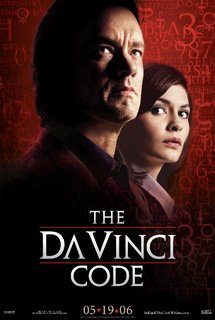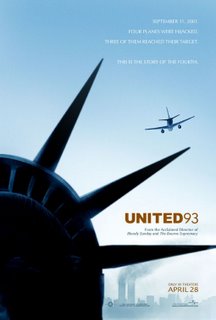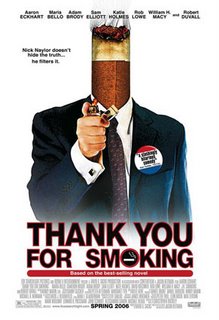If you've read the book, there's no point in seeing the movie. If you have not read the book, go spend your $7.50 on a copy of the book, read it, and then don't see the movie.
Dan Brown's DaVinci Code was a cliffhanger, a pageturner, and can't-put-it-down-er. I distinctly remember thinking, "Wow, this book reads just like a movie." Turns out that when you try to turn an eight-hour experience that reads like a movie into a two-hour movie that... uh.. watches like a movie, you run into some problems.
 For me, one of the most pleasurable parts of the book was seeing the puzzle come together. Though it's basically impossible to discover the solution yourself before the characters do, at least you get the chance to think about it. You can even STOP READING (imagine that!) and try your hand at decoding an anagram. In the film, however, each riddle is solved in a jiffy:
For me, one of the most pleasurable parts of the book was seeing the puzzle come together. Though it's basically impossible to discover the solution yourself before the characters do, at least you get the chance to think about it. You can even STOP READING (imagine that!) and try your hand at decoding an anagram. In the film, however, each riddle is solved in a jiffy:So dark the con of man.... hmmm.... maybe it's an anagram...'nads'...no... 'scone'...nope... I GOT IT! 'MADONNA ON THE ROCKS!'"
There are so many puzzles and plot points to cover, and so little time, that each conflict has to be resolved almost immediately. The result is a disappointing lack of suspense.
Screen minutes were obviously at a premium, but Ron Howard still found time to bombard us with graphic violence. Why spend so many minutes zooming in on Silas (the albino monk) mortifying himself with whips and barbs, as blood oozes down his thigh? Or Fache beating the air traffic controller, then kicking him repeatedly while he's on the floor... why not one threatening shove, and then move on to the next plot point?
The scene that reveals the Teacher's identity deserves specific mention for being one of the Greatest Heavy-Handed Moments in Narrative Cinema. The camera is fixed on Teabing's butler, who is clearly having a conversation with the Teacher, saying things like, "we got 'em good, boss" etc etc. The teacher is never on camera, and you can't hear him responding to anything the butler says. Then, as the butler lays poisoned and dying, the camera desperately tries to create suspense by slowly panning up from the Teacher's feet to his face, to reveal that he is none other than Teabing. The whole scene is in wierd slow-shutter, the angles are amateurish. I found myself wishing it would all be over soon, for Ron Howard's sake.
As far as the religious content goes, I really got tired of the sign of the cross juxtaposed with brutal violence over and over again. Ok, I get it -- Silas is devoted to Opus Dei and he's also crazy. Now stop it. If you need to kill time, give Tom Hanks some more unnatural-sounding lines or something. Stop alienating your audience.

